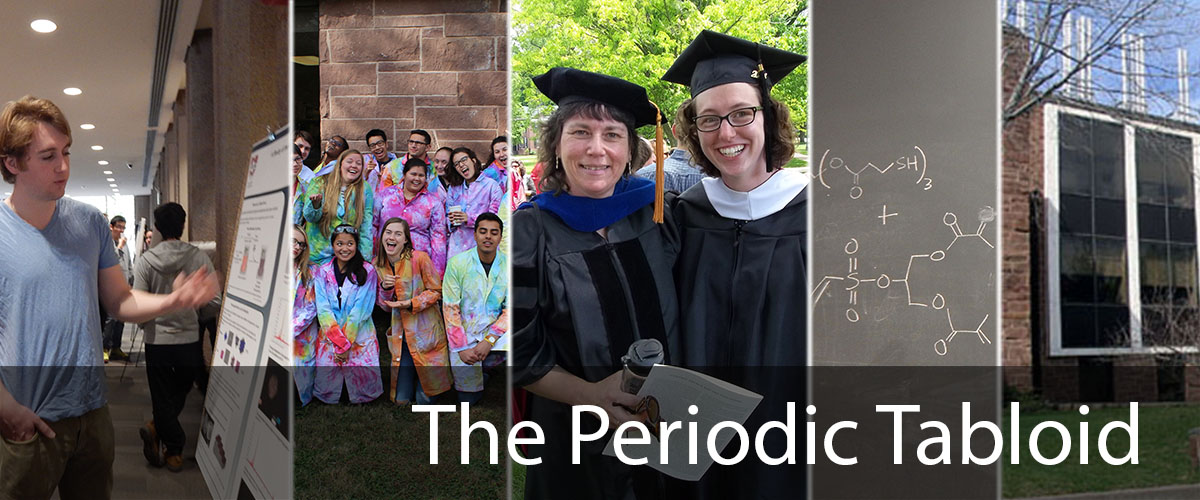
“Electrochemistry as a Design Tool for Colloidal Syntheses of Polyhedral Metal Nanoparticles”
The funded work will use real-time electrochemical measurements to probe the growth of noble metal nanoparticles and to provide enhanced chemical understanding of how to predictively and controllably produce metal nanoparticles with well-defined shapes. The ability to tune the function of noble metal nanoparticles by tailoring not only their composition but also their shape makes them especially promising for applications in catalysis, particularly for improving the sustainable usage of energy resources and enabling the generation of sustainable fuels. However, the chemical environment under which these materials are made is complex and involves multiple competing parameters. As a result, it can be challenging to understand precisely how these materials form and, consequently, how to design methods for producing the new materials required for various applications. Electrochemistry provides a powerful means by which to address this challenge, and involves the measurement of current and voltage to understand chemical reactions, as well as the application of a current or voltage to drive chemical processes. An electrochemical approach that integrates both of these methods will be used to gain understanding of the chemical reactions involved in metal nanoparticle growth while they are happening and with a level of detail and insight that is not possible using existing methods. This research will establish core chemical principles to inform the deliberate, predictive design of new metal nanomaterials to meet the increasingly complex needs of emerging applications. Graduate, undergraduate, and high school students who are involved in this research will be prepared for future careers at the interface of chemistry, materials science, and chemical engineering. The project will also contribute to enhancing participation in science and research by developing publicly available resources to increase the accessibility of undergraduate science for students who are the first in their family to pursue this course of study.

